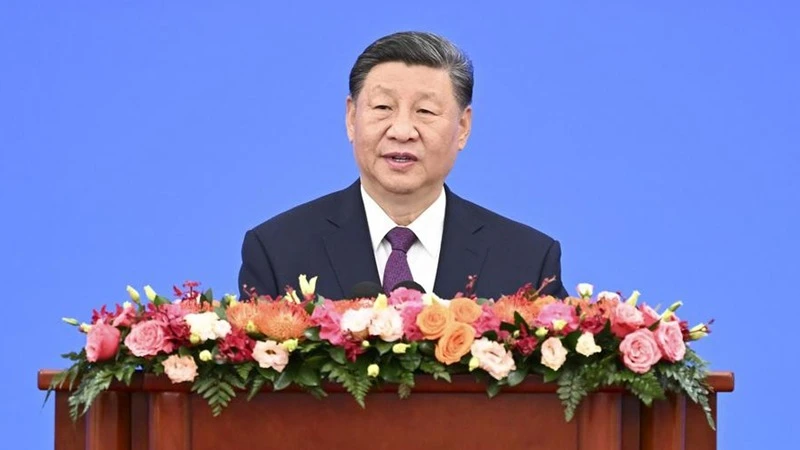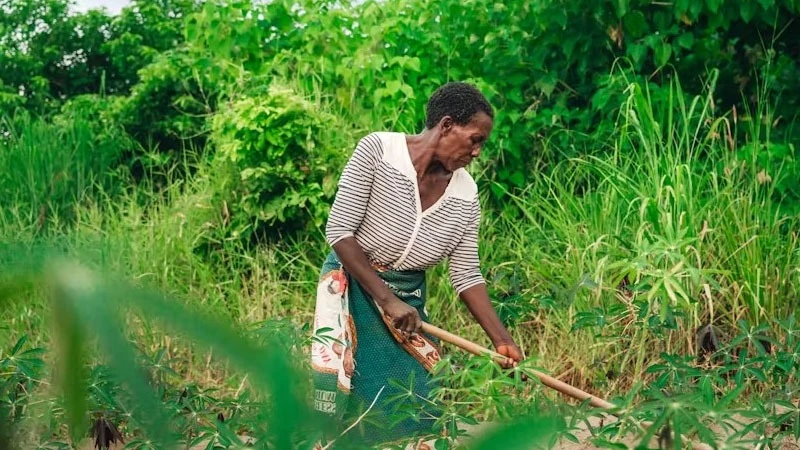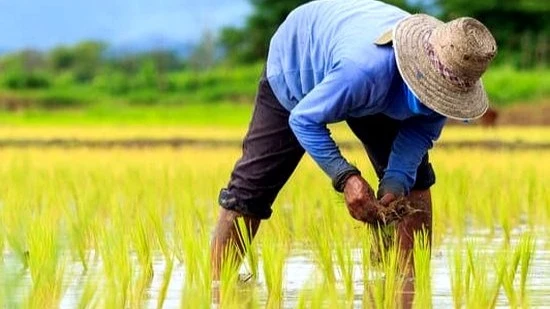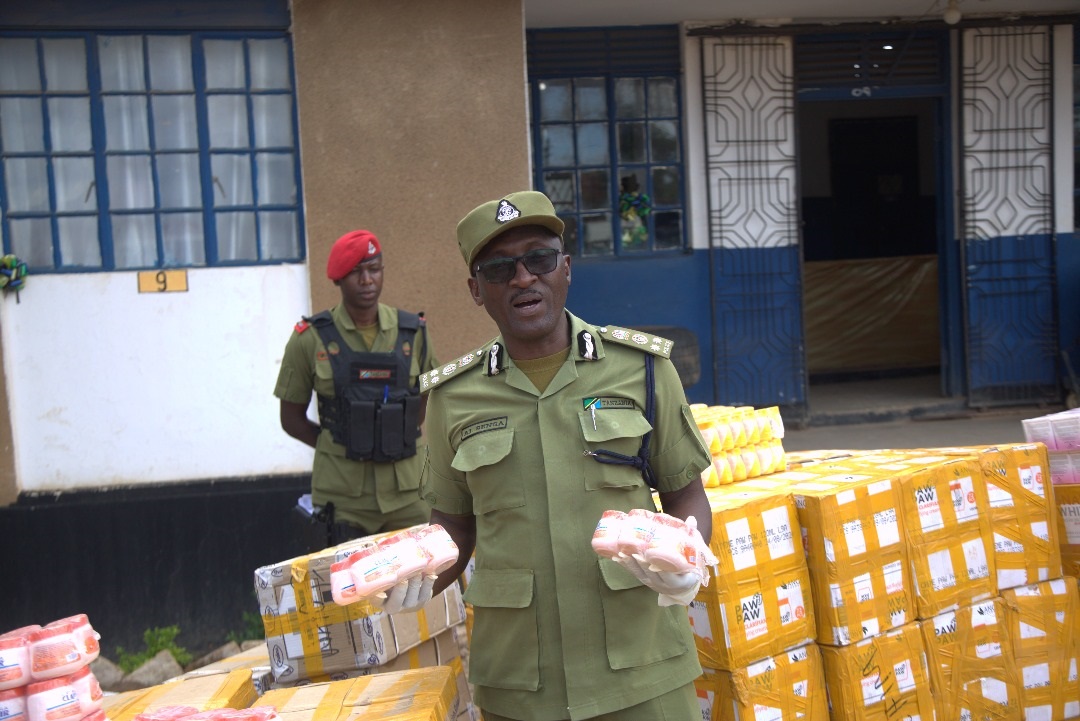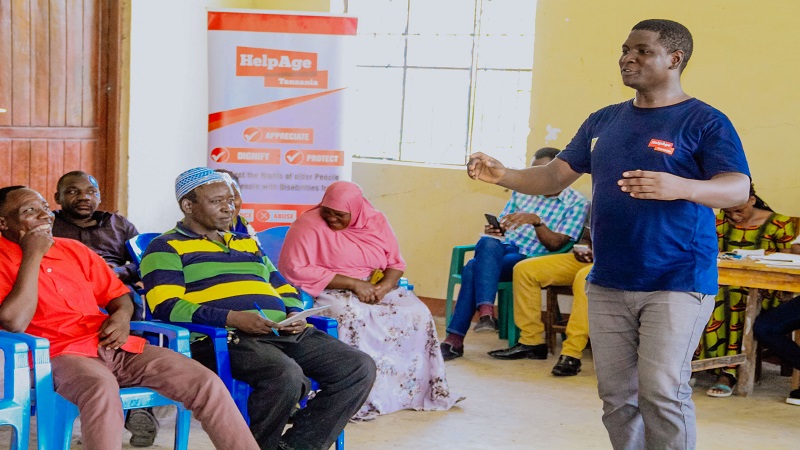Chinese farming technology boosts soymilk production and nutrition in rural Tanzania
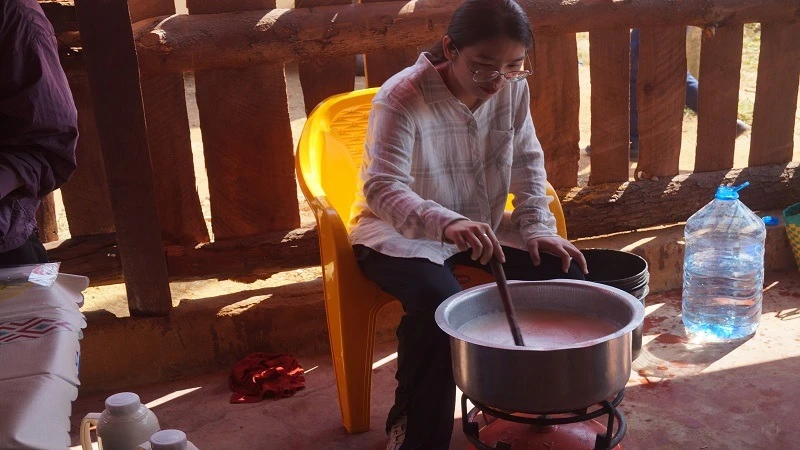
IN 2011, a collaborative agricultural program aimed at reducing poverty in rural Tanzania was launched between China Agricultural University (CAU), Morogoro regional government and Sokoine University of Agriculture (SUA). Supported by the Bill and Melinda Gates Foundation, the initiative, dubbed—‘Small Bean, Good Nutrition’ aims to addresses agricultural challenges in key production regions across Tanzania.
The project promotes maize and soybean intercropping, focusing on improving nutrition and increasing income for smallholder farmers. As part of the implementation, Chinese agricultural experts from CAU introduced modern farming technologies and provided training to local farmers, helping them adopt advanced techniques for increasing crop yields.
A key feature of the program is the integration of soybeans, which are rich in proteins and nutrients, into local diets. By introducing soymilk production— a traditional Chinese beverage—alongside maize cultivation, the project aims to improve soil fertility, boost crop yields, and diversify food sources. In addition to training, exchange programs allow Tanzanian agricultural officials to visit China to learn about modern farming practices.
Since its inception, the project has shown positive results, including increased maize yields, the introduction of soymilk as a new product, and greater income diversification for farmers. The initiative plays a vital role in tackling malnutrition and reducing poverty in rural areas in Morogoro Region.
While soymilk is a new concept in Tanzania and much of East Africa, it is gradually gaining popularity. Initially, few people knew that soybean seeds, a nutritious protein source, could be processed into milk. In 2022, the technology to produce soymilk was introduced in four villages in the Morogoro region—Peapea, Kitete, Makuyu, and Mtego wa Simba—as a pilot project. The initiative has since proven successful.
Through collaboration with local authorities, Chinese experts distributed modern soybean seeds and provided on-site guidance on planting and management techniques, enabling the production of soymilk. Farmers have embraced the drink for its flavor and cost-effectiveness, and its popularity continues to grow, especially among rural communities.
Morogoro Region, one of Tanzania's five major soybean production areas, had previously struggled due to traditional farming methods and limited processing techniques for soy products.
However, the increasing popularity of soymilk—rich in proteins and vitamins—has emerged from this cooperative project led by Chinese agricultural scientist Professor Li Xiaoyun. Prof. Li and his team have been conducting extensive training on soybean intercropping, with harvests now bringing smiles to farmers' faces.
The project's impact goes beyond just farming to promote intercropping and improve family nutrition. Chinese experts have visited over 1,000 households across multiple villages, sharing knowledge to enhance household welfare and children's education.
Prof. Li regularly conducts training sessions at a learning center in Mtego wa Simba Village, which was built by the Chinese Agricultural University as part of its poverty eradication efforts.
A recent visit to the center by The Guardian revealed modern technology used for extracting soymilk, involving a four-step process from soaking to boiling the soybean seeds. The center, equipped with state-of-the-art tools, also serves as a research and teaching facility for China-Tanzania agricultural development and poverty reduction.
According to Xu Jin, one of the experts, soymilk production involves soaking the beans, grinding them, filtering the mixture, and finally boiling it to produce a liquid that is 95 percent as nutritious as cow's milk. Though new to Tanzanians, soymilk is already becoming a favorite, especially among children under five, pregnant women, and breastfeeding mothers.
One of the farmers who has benefitted from the project, a 72-year-old retired technician, Omary Jayo told The Guardian that after learning how to produce soymilk from Chinese experts, he invested in a grinding machine and now sells the drink in his small restaurant. A cup of the drink is sold at 500/-, and he reports that soymilk has become a popular and affordable drink in his community.
Assistant Administrative Secretary for Morogoro, Dr Rozalia Grayson Rwegasira, commended Chinese experts for introducing soymilk in the Region, expressing hopes that the project would benefit many, particularly women and children.
Dr Rwegasira emphasized the importance of continued partnership with Chinese experts to strengthen agricultural cooperation and ensure the project reaches as many people as possible throughout the country.
The soymilk initiative offers a substitute for cow's milk, which is often expensive and in short supply, especially for young children and mothers.
Top Headlines
© 2024 IPPMEDIA.COM. ALL RIGHTS RESERVED














